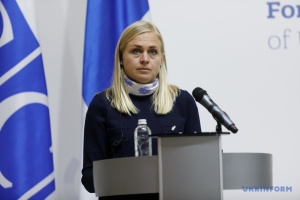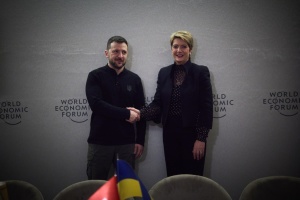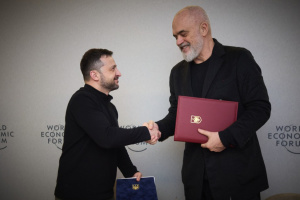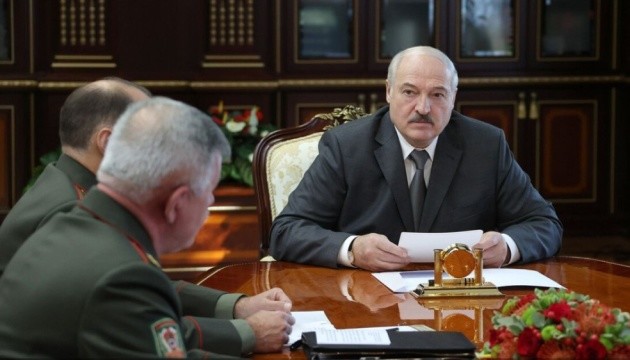
Lukashenko threatens to open “Ukrainian front”: what does it mean?
Lukashenko has made an aggressive statement that can be considered a proclamation of an official military alliance between the two dictatorships against Ukraine.
During a meeting with security forces on Monday, September 27, the self-proclaimed President of Belarus announced the opening of a “new front,” the one with Ukraine. He said that Belarus and Russia should “take some action” in response to “the deployment of US bases in Ukraine.” This aggressive statement is completely unfounded, as there are no military bases of NATO member states on Ukrainian territory yet. What is more, Ukraine has not given any reasons for Belarusians to make such attacks.
Unlike the typical “scary stories” that Lukashenko likes using in his speeches, this latest one had been coordinated with Moscow. Kremlin spokesman Dmitry Peskov later confirmed that the issue of potential NATO expansion into Ukraine had been repeatedly discussed between Putin and Lukashenko, and for Moscow, such an expansion would mean that Ukraine “has crossed the red line.” And that Russia and Belarus would really take measures to “ensure the security of the two states.”
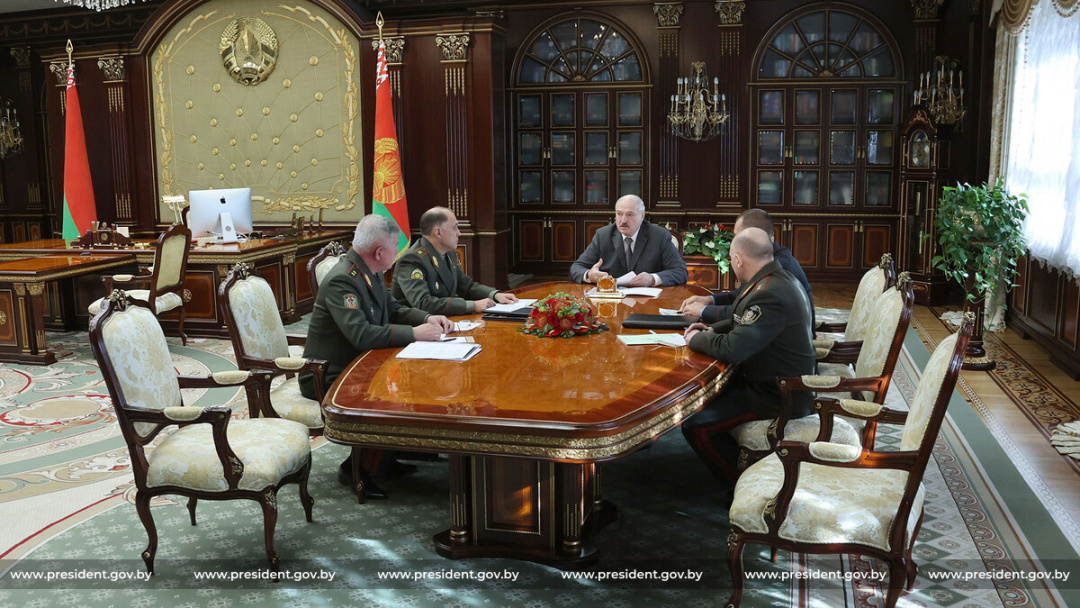
“... The saddest thing is Ukraine. We are opening a new front, to put it the old way. Not only did our fugitives all run there—they are also creating more and more training camps where they teach them how to ‘work on Belarus,’ as special services say... Special attention should be paid to the Ukrainian section [of the border]—what are we doing to do there? ... US bases are being set up in Ukraine. Clearly, we have to respond. The President of Russia and I have been holding consultations on this issue and have agreed that some measures should be taken there. Otherwise, tomorrow we will have an unacceptable situation right on the border with Belarus and Russia, up to the deployment of missiles of the necessary range. We did not sign up for this, and we cannot allow it,” said Lukashenko.
Some Belarusian experts are reluctant to take Lukashenko's aggressive statement literally, explaining it for purely political reasons. For instance, Belarusian political analyst Petr Kuznetsov sees this only as raising stakes in the confrontation with the West and a new level of blackmail. He believes that Lukashenko needs this to return to the push-and-pull between East and West and strengthen his position in the confrontation with Russia, which insists on the transit of power according to its own scenario.
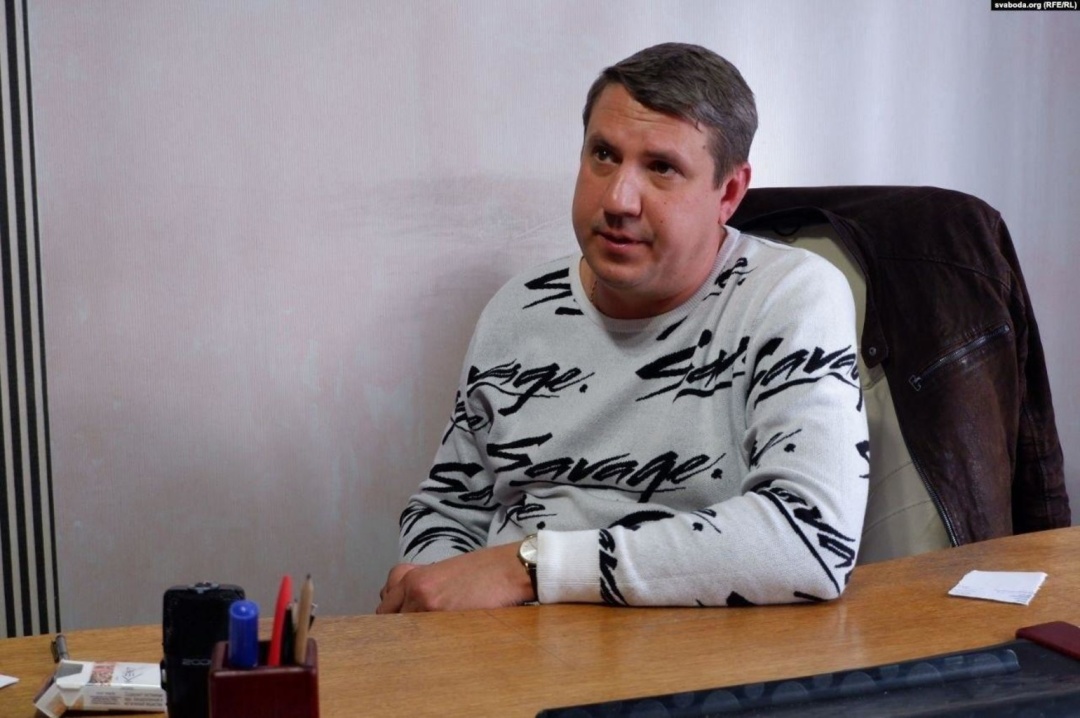
“Now, Lukashenko is threatening to increase his military presence at the border with the same goal—to force the West to talk to him. Minsk is raising stakes,” says the expert in his Telegram channel.
Belarusian political scientist Valeriy Karbalevich considers this statement to be indicative of “major change in Belarus’ foreign politics.”
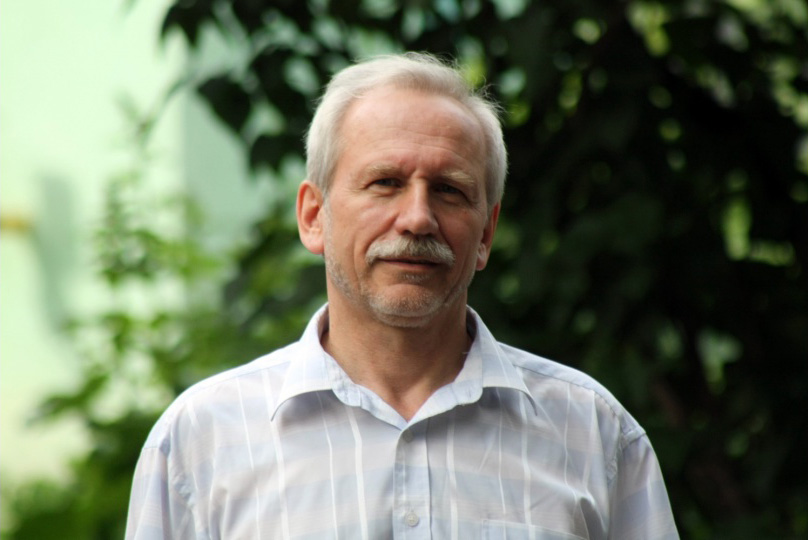
“Until now, the official Minsk had maintained neutrality in the Russian-Ukrainian conflict. Now, Lukashenko has stated that he and Putin were discussing how to fight Ukraine together. A military-political alliance of Belarus and Russia against Ukraine is effectively being formed. There is no neutrality here,” he said in his comment for Nezavisimaya Gazeta.
First, this is done in order to receive modern Russian weaponry under the pretext of a hostile environment. Secondly, this is a concession to Putin, the political scientist believes. “The strengthening of Russia's military presence, the reorientation of Belarusian export flows to Russian ports and the turn against Ukraine are the price that Lukashenko is willing to pay for Moscow's help,” Karbalevich says.
However, Belarusian military expert Yegor Lebedok believes that Russia will seek to deploy its air defence systems on the Belarusian-Ukrainian border to prevent Lukashenko's political manoeuvres with Ukraine. After that, relations between Ukraine and Belarus will cease to lie purely in the political plane, and will shift to military terms.

“While such statements made by Lukashenko could previously be considered bluff or a kind of threat to make Ukraine more willing to compromise on certain issues (particularly sanctions), now I would say that it is really about reframing the Belarusian defence space with Russia’s participation with regard to possible opposition to Ukraine. Of course, when Russian troops are deployed on the Belarusian-Ukrainian border, Ukraine will have to respond, which Belarusian propaganda will exalt as aggressive actions of ‘American puppets’ and use it to increase fear to justify maintaining power in Belarus, as well as in Russia's interests,” believes Lebedok.
The Center for Strategic Communication asked head of Belarus Security Blog think tank Andrey Porotnikov to comment on Lukashenko’s statement.
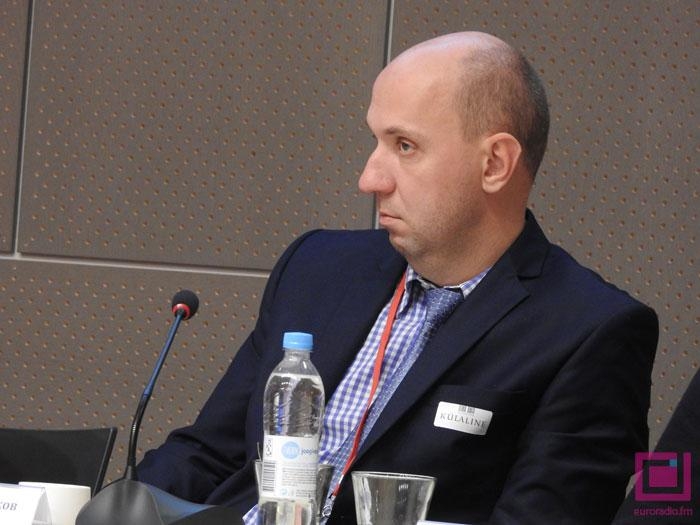
“On Lukashenko's part, this is a demonstration of loyalty to the Kremlin. He is haggling with Russia to ensure its support in transition of power under his scenario. And he wants not only guarantees for himself and his environment; he wants to fully preserve the political system he has built and keep it intact,” the expert believes.
In his opinion, Lukashenko thinks that Moscow can guarantee this for him. That is why, he tries to guess what the Kremlin wants and to give it something not too important, something that is not of critical significance for him. That may be sovereign control over the border with Ukraine. He may think he can replay the situation later and curtail Russia's military presence, but he could be very wrong. “In this demonstration of loyalty, Lukashenko can go very far, beyond verbal interventions,” Porotnikov told the Center.
In conclusion, it should be noted that Lukashenko has embarked on a risky political game: in the interests of maintaining his own power, he demonstrates a willingness to exchange part of Belarus' sovereignty (which he perceives as his own) for political guarantees from Moscow. To this end, Lukashenko is effectively renouncing the neutral status in the Russian-Ukrainian conflict, unequivocally siding with Russia and announcing the transformation of Belarus into an aggressive springboard for an attack on Ukraine.
If he puts his money where his mouth is, this could threaten a serious escalation in Europe. This makes the self-proclaimed president of Belarus not only a political outcast but also a factor of military threat.
Center for Strategic Communication and Information Security



